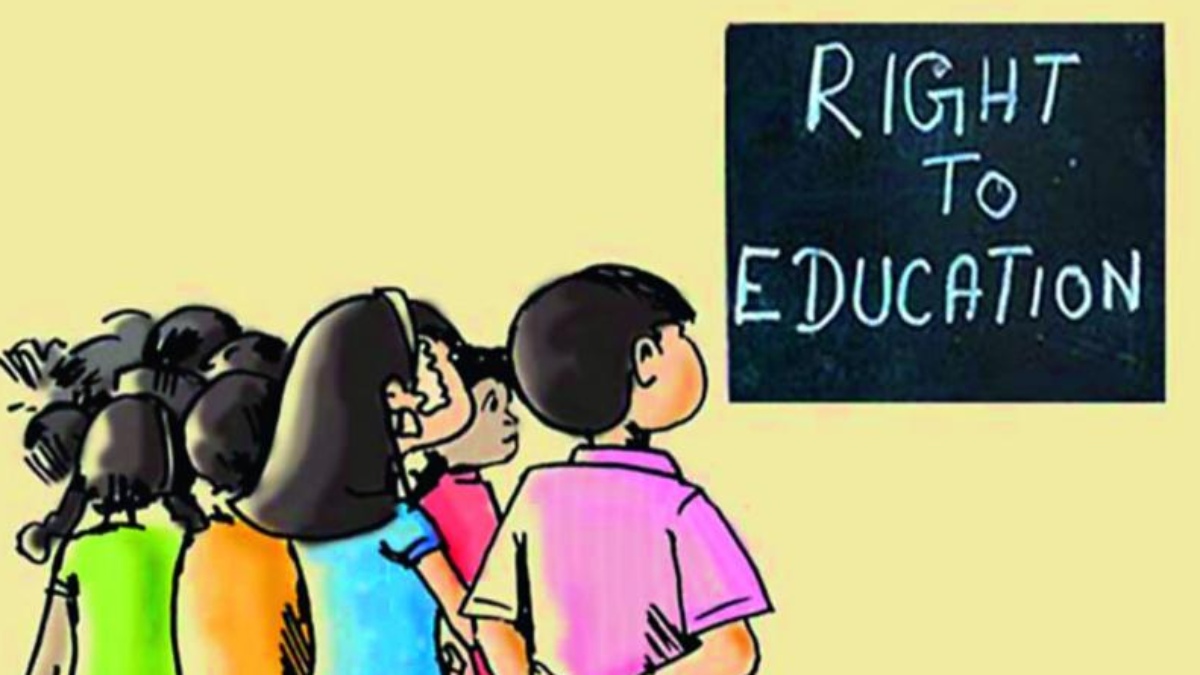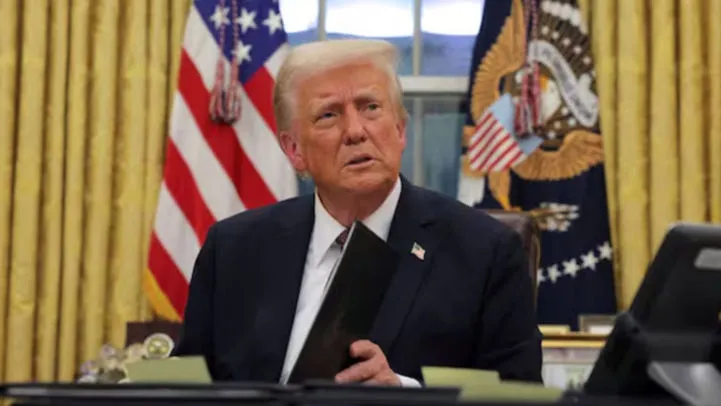While examining the efficacy and utility of Right to Education Act in “Ethical Dilemmas of a Civil Servant, I had commented that “The Right of Children to Free and Compulsory Education Act 2009 (RTE) did precious little to improve the state of affairs. In fact, the legislation made the task of delivering quality education complex and difficult. No attempt was made to consider the ground reality while enacting the legislation. The consequences were disastrous”. The learning outcomes since this enactment have actually come down. However, still the National Education Policy (NEP) announced in 2020 puts enormous faith in the legislation without even examining whether the Act legislated in 2009 served the desired purpose. The existing provisions of RTE extend only to students from class 1 to class 8. The NEP proposes to extend the ambit of RTE to pre-school and classes 9 to 12. In fact, those that had proposed the draft of NEP should have examined the efficacy of RTE at length before recommending extension of its provisions to higher classes. The NEP has, therefore, recommended extension of Rights without ascertaining whether these were “right”.
NEP is not an isolated case. There are many more such examples. Successive governments haven’t believed in putting in place robust systems to objectively determine the impact of legislations and institutions. It is indeed intriguing why doesn’t the government evaluate legislations and institutions because every stake holder will stand to benefit in the long run. The answers, however, are not far to seek. It is in the nature of all governments to use data selectively to demonstrate that “all is well”. If objective reports regarding the outcomes become available, it would be extremely difficult to push them under the carpet (though there are exceptions here as well). The most courageous of governments find it difficult to do that. It requires courage to accept one’s mistake. In the absence of hard data, they can always paint a picture that does not reflect the ground reality. In fact, absence of such reports allows the fabricators to weave the ground reality itself.
In a sense, Governments do get evaluated once in five years at the hustings. A number of schemes also get assessed. However, by and large, legislations and institutions don’t get evaluated by any third party. Some of them, like Judiciary, are “above” evaluation. One can understand huge pendency of cases in courts at various levels on account of litigious nature of our existence but how do you explain the vacancies in various courts when the Judiciary keeps pulling up other arms of the State for vacancies? Perhaps charity doesn’t begin at home in this instance. Some third party needs to evaluate the impact of long vacations (a colonial legacy) in higher judiciary on the pendency of cases. There are indeed a number conscientious judges who work hard even during these “vacations” but this and many such issues that afflict our judicial system need to be evaluated, assessed and addressed. However, being so touchy about such issues, will it open itself to any sort of evaluation by an outside agency?
Let us look at some other institutions that have been set up without evaluating the performance of similar institutions that were in existence before. Lokpal is one such example. It was created as a consequence of a social movement. Was this step taken after evaluating the performances of Lokayukt in the states? Did the Lokayukt bring down corruption or corrupt practices in the states? In fact, none of the states have evaluated the impact of Lokayukt on corruption. Will Lokpal also end up as an institution to “reward” civil servants and judges because there appears to be no effort to evaluate its impact either? There is, in fact, nothing laid out upfront to determine whether this institution will be evaluated. Hence, parameters have not been outlined for its evaluation. There are number of similar institutions that have been created by the government without even thinking about whether such institutions will at some point in time be assessed to ascertain whether they served the desired purpose.
The Planning Commission was dumped because it was “felt” that it was not serving the desired purpose. It was a decision that was not based on objectively evaluating the organization but on a “belief”. Will the NITI meet the same fate at some point in time? Isn’t it advisable to assess what this institution is doing? Is it actually adding value? Only a third-party evaluation can determine this. The primary objective of such evaluations will be to see whether the objectives for which such institutions were set up were actually achieved and, if not, what steps could be taken for course correction. This will also push the government to clearly define the roles of such institutions and parameters to measure the progress.
In some social sector schemes evaluations are done periodically. Despite some shortcomings (we must appreciate that no scheme is perfect), MGNREGA has also been periodically evaluated and course corrections done on the basis of such evaluations. Such evaluations have helped the programme to sustain despite changes in the government. Similarly, the Rashtriya Swasthya Bima Yojana (RSBY) got re-incarnated in a modified form (accounting for shortcomings of the schemes) as Prime Minister Jan Aarogya Yojana (PMJAY) despite being “condemned” lock stock and barrel by a Group of Secretaries.
To a certain extent, the malaise afflicts the private sector as well. Hence, instead of depending upon objective analyses of various ed-tech applications, the pitch for a certain high-profile application is being made by a well-known superstar whose educational credentials would perhaps not justify his appearance.
There are indeed some organizations that can undertake evaluations of various institutions, organizations and processes. More such organizations can and should be set up to undertake the task. However, what is most important is the attitude toward such evaluations and the willingness to get evaluated. There is a general reluctance to get oneself evaluated. Evaluations are more often than not used to serve a limited purpose of dumping “others”. This needs to change. Evaluations need to happen in the interest of the institution/scheme/process.























